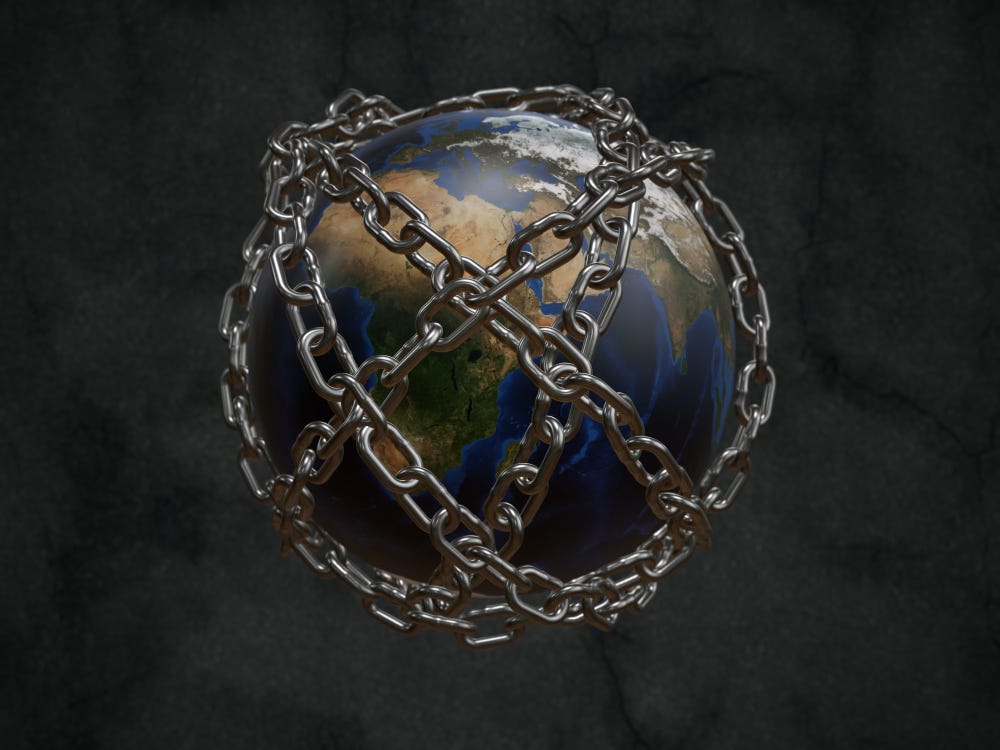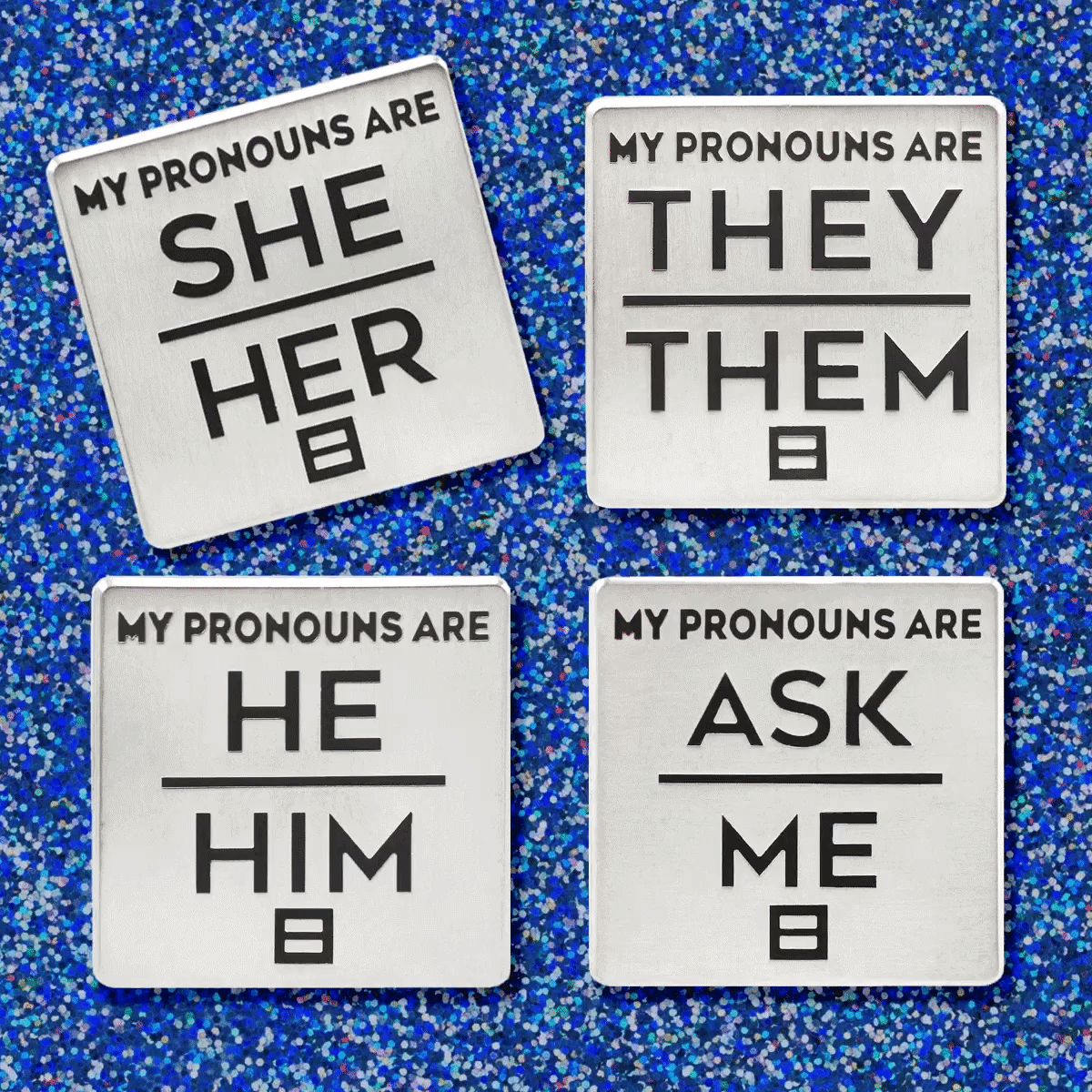E-Pluribus | December 20, 2021
The pernicious impact of cancel culture, what's good about donor privacy, and the decline of freedom around the world.
A round up of the latest and best writing and musings on the rise of illiberalism in the public discourse:
Ted Balaker: The Unseen Side of “Cancel Culture”
While the impact of cancel culture is most obvious to those on the receiving end of the mob’s actions, the chilling effect should not be overlooked. Ted Balaker writes at Persuasion about the part of the cancel culture iceberg that lurks below the surface.
In a development which should hearten professionals whose speech has been chilled, there is evidence to suggest that many Americans believe cancel culture has gone too far. According to a recent Hill-HarrisX poll, strong majorities of all demographic groups share that sentiment, including 70 percent of Democrats. Recent polls from the likes of Politico and YouGov mostly tell versions of the same story.
Yet even neutral pollsters often define cancel culture so narrowly as to misrepresent its true nature. The Politico survey, for example, uses the dictionary.com definition: “the practice of withdrawing support for (or canceling) public figures and companies after they have done or said something considered objectionable or offensive.”
But none of the people in my examples were canceled in the traditional sense. Though fired, my comedian friend’s reputation hasn’t been smeared by a public trial on Twitter. Kmele Foster, John McWhorter, and Walter Williams weren’t disinvited from the television special—they were simply rejected at an earlier stage. Time will tell what happens to people like Karith Foster.
Even when cancel culture’s most obvious side doesn’t show itself, those involved still feel its chill. The news producer will think twice before suggesting on-air experts that irritate his bosses. The college administrator who booked Foster will also think twice, as will the Latino comedian. I will recalibrate my already low expectations for the amount of viewpoint diversity entertainment executives will tolerate. Distributors and other gatekeepers will use new guidelines to filter out problematic content before it reaches audiences. Colleagues and friends connected to the examples above will note that the unwritten rules have been revised yet again.
Read it all here.
James Piereson, Naomi Schaefer Riley: In Defense of Donor Privacy
MacKenzie Scott, the ex-wife of Amazon’s Jeff Bezos, caused a stir recently with her intentions to stop announcing the benefactors of her philanthropic efforts. She reversed her decision after an outcry, but James Piereson and Naomi Schaefer Riley at City Journal make the case that a donor’s prerogative for anonymity helps preserve the fundamental right to freedom of association.
The criticisms of Scott are worth answering, so that other donors and the public may understand the rights and obligations of private philanthropy. One of those critics, Benjamin Soskis of the Urban Institute, responded to Scott’s initial announcement on Twitter by suggesting that her “attempts to shine light on grantees by refusing to give info on $ amounts or orgs . . . also obscures her own power.” He continued, “it’s a rhetorical move that others less principled than her can take up to evade any responsibility to norms of philanthropic accountability & transparency.” In Soskis’s view, other donors with different priorities—perhaps conservative donors—could exploit her example to keep their donations private.
Many in the liberal philanthropic establishment agree with Soskis. Scott’s donations, they argue, should be made public because the wealth in her foundation is really public money. After all, Scott receives a tax deduction in return for her contributions, so the public has a claim on those funds. This is an increasingly common and dangerous sentiment that many conservative and independent-minded donors have been trying to counter. Campaigns to make private giving public often turn into efforts to pressure or even cancel donors who don’t give to progressively approved causes. Donations sent to conservative charitable organizations or causes often provoke retaliation against philanthropists, their businesses, or their families. In any case, private foundations must disclose donations on their federal tax returns, which are then made available to the public. It is thus farfetched to claim that such donations are “secret.”
Read the whole thing.
Eric Boehm: Global Freedom Is on the Decline
The annual Human Freedom Index report from the Cato Institute and the Frasier Institute, first issued in 2008, shows further decline in freedom around the world through 2019 (data since then is still incomplete). Eric Boehm of Reason notes that the increase in political populism and the advent of the pandemic are likely factors that will drive the index down further still.
Freedom in the United States is on the decline in both absolute and relative terms, according to the new report. In 2008, the U.S. ranked seventh in the world but has steadily slipped lower, though it still ranks well ahead of the global average[…]
But the decline in freedom in the United States is nothing compared to what has happened in Hungary—a country now routinely (and wrongly) held up by segments of the nationalist right as an example that America should seek to emulate. Hungary ranks 59th in this year's index, down from a high of 29th in 2009. Recent efforts by strongman dictator Viktor Orbán to curtail freedom of expression and erode the rule of law are clearly reflected in the ratings, with Hungary now ranking considerably less free than its European neighbors:
As Reason noted last month, the twin threats of political populism and the COVID-19 pandemic have triggered an erosion in democratic values across the globe. International Institute for Democracy and Electoral Assistance, a nonprofit based in Sweden that has been tracking democracies around the globe since 1975, warns in a new report that the number of countries that are becoming "more authoritarian" by the group's calculus is three times the number of countries that are moving toward democracy. This year is the fifth consecutive year in which the trend has been moving in that direction.
Read it all.
Around Twitter
Noam Blum with an optimistic take on the trajectory of cancel culture:
Caitlin Flanagan, Colin Wright and Robert George suggest that perhaps the priorities of the Human Rights Campaign are out of whack:
Finally, via Peter Boghossian . . . it may be time to rethink the idea that “all I really need to know I learned in kindergarten” if Oregon is any indication: “*Develop an understanding of one's own identity groups including, but not limited to, race, gender, family, ethnicity, culture, religion, and ability.”










